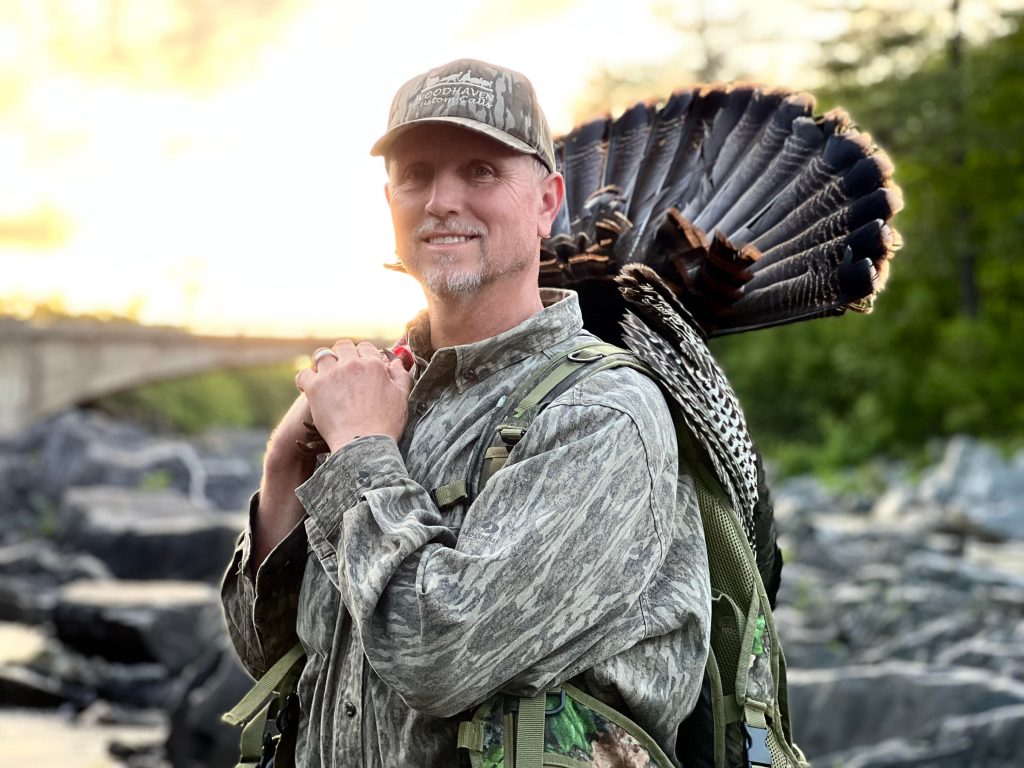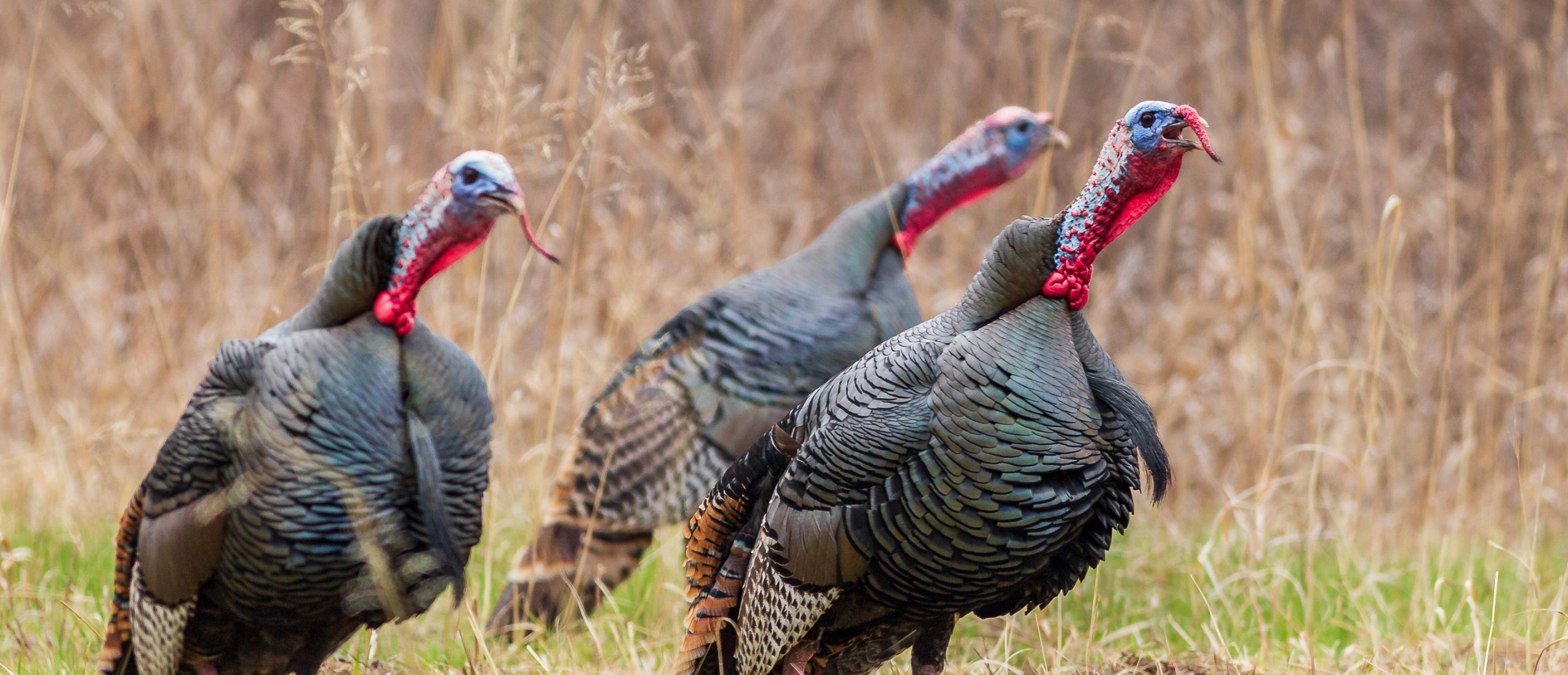The Biggest Mistakes In Turkey Calling
Every turkey hunter goofs up now and then when yelping to turkeys. Learning from those errors and avoiding them is a big component of success.
Raise your hand if you’ve committed a silly calling mistake while turkey hunting.
That’s a lot of hands, but it isn’t surprising. At some point, every turkey hunter has unwittingly messed up a note, called at the wrong time or just plain blown an opportunity because of poor or inopportune calling. Don’t sweat those gaffes. Instead, learn from those errors, and strive to avoid committing them again. Just ask Billy Yargus and Mitchell Johnston, two of the country’s most decorated contest callers.

“The biggest mistake I believe people make is, No. 1, walking around and calling and trying to strike a gobbler on days the birds aren’t really gobbling well to begin with,” said Yargus, a three-time Grand Nationals Calling Championships Senior Division champion and 2016 World winner. “If the birds seem to be quiet, I do a lot of blind calling in areas I believe birds like hanging out in.”
Johnston, the 2010 GNCC Senior champ, pointed to another common error: not calling with the proper rhythm and cadence.
“A hunter doesn’t have to be the best sounding turkey in the woods,” he said. “A lot of turkeys wouldn’t come close to winning a competition, but yet they will yield a response from a longbeard. I believe that could be because of their rhythm and cadence. Even if you aren’t the most realistic caller, listen to real turkeys, and learn from their rhythms and cadence.”
Yargus said many hunters also break another cardinal rule: calling too loudly when it’s not needed.
“I like to listen to the birds and talk back to them, letting them determine how loud I’m going to be,” he said. “If they get loud and aggressive, then I will, but if we’re just having a peaceful conversation, I like to keep it that way. Most of the time, I don’t believe you can call too much as long as you’re not trying to dominate the conversation.”
Some hunters overcall in general, Johnston said, but many do so in situations when the opposite might work better.
“There are times that I know that I can call a lot to a bird and he will respond and keep coming,” he said. “However, there are times that he will hang up for one reason or another. Those times, it can pay big dividends to go quiet on him. After all, we’re going against nature by making him come to us.”
Billy Yargus: “The biggest mistake I believe people make is, No. 1, walking around and calling and trying to strike a gobbler on days the birds aren’t really gobbling well to begin with.”
Finally, Johnston said, many hunters choose poor calling setups, ignoring the axiom that it’s always easier to call a turkey to where it wants to go anyway.
“That’s kind of cliche, but there is a lot of truth to that statement,” he said. “If you know a turkey’s strut zone or an area where he likes to be, it becomes more natural to him to go there. He may be easier to call to that place. Scout ahead of time for frequently visited locations. If you call to a bird and he always goes to another location when you call to him, go there for your setup. Don’t always do the same thing at the same place, using the same call.”
Mitchell Johnston: “Scout ahead of time for frequently visited locations. If you call to a bird and he always goes to another location when you call to him, go there for your setup.”
